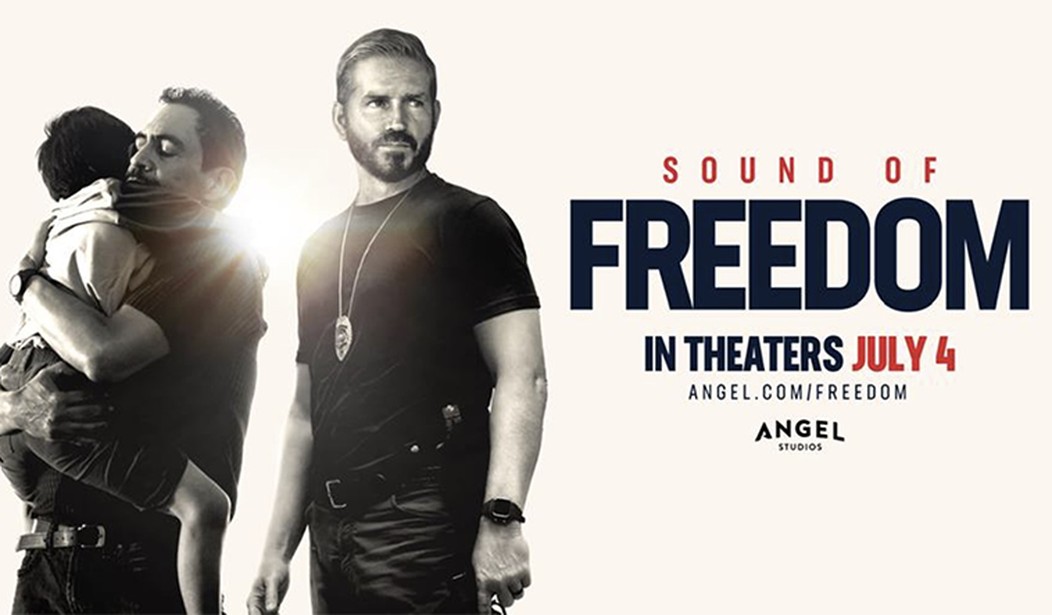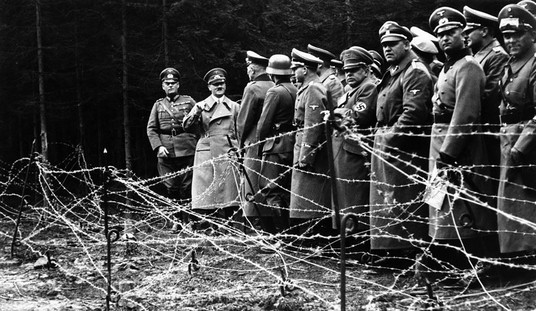In 1852, a novel by abolitionist Harriet Beecher Stowe depicting the hard lives of Southern American slaves sparked a firestorm of anti-slavery sentiment across the country. “Uncle Tom’s Cabin” was a landmark work of protest. It enabled readers to see the human cost of slavery—the misery of its victims; to stand at the cabin door, as it were, and look at the dark reality inside. William Wilberforce, the British politician who devoted his life to ending his country’s participation in the Transatlantic Slave Trade also engaged the emotions of the public. He publicly posted illustrations of the ships with their narrow rows of coffin-like stalls in which Africans were packed like bales of hay and died by the hundreds of thousands. One look at the diagrams was enough to bring their anguish home to the viewer’s heart.
It's 2023, long after the end of legal slavery, but the evil practice continues. In fact, there are millions more men, women and children enslaved today than in the 19th century. The public is apathetic and unengaged in a problem that seems to most distant and irrelevant.
The movie “Sound of Freedom,” starring Jim Caviezel and produced by Eduardo Verástegui opens fittingly on July 4th and is a film designed, in the Wilberforce and Stowe tradition, to bring the distracted public face to face with one prevalent and particularly vile aspect of modern-day slavery: child sex trafficking.
I can almost hear the reader gulp. That was my reaction as well when I was asked to screen the movie. If there is immeasurable malevolence and unbearable suffering in the world, they exist in the figures of the sex-abuser and his child-victim. Ignorance of this pervasive crime (the U.S. is the number one consumer worldwide) may not be bliss, but it is certainly more comfortable than knowledge.
“Sound of Freedom,” for all its pathos and unflinching realism, is a movie shining with hope and confidence. Hope that by bringing what is done in darkness to light the public will be filled with the same abolitionist spirit that ended legal slavery in the 1800s. And why not? Do we not consider ourselves more humane and enlightened than our slave-holding or slavery-tolerating ancestors?
Recommended
Caviezel gives a sensitive and winning performance as Tim Ballard, the real-life United States Department of Homeland Security agent who, having saved a little Central American boy from U.S. sex traffickers, embarks on a sting mission in the jungles of Colombia to rescue the boy’s sister. Caviezel has called this role his most important and significant since his portrayal of Jesus in The Passion. He conveys beautifully Ballard’s initial repugnance for the work and his subsequent surrender to the surety that God was calling him to it, expressed with the line: “When God tells you what to do, you don’t hesitate.” Caviezel said, about his performance in an interview (and it’s true): “My heart was on fire, and you can see it come out of my eyes.”
Without giving too much away, the movie portrays the web of nefarious kidnappers, traffickers and clients chased down and ultimately brought to justice and provides the satisfaction of seeing the agony of separation and slavery end. Watch "Sound of Freedom" for the excitement and the fine acting. But in truth, the movie is a story of personal possibilities—that we might stop averting our gaze from the horror; that we come to understand its pervasiveness; and that we ultimately reject our own indifference to it. Because, though we may be innocent of any direct involvement, we are guilty of allowing ourselves to pretend it isn’t happening.
Or, if we know it’s happening, of shrugging off the anguish of other people’s children.
Grazie Pozo Christie, M.D., is a Senior Fellow for The Catholic Association and host of the nationally syndicated radio show Conversations with Consequences.
























Join the conversation as a VIP Member